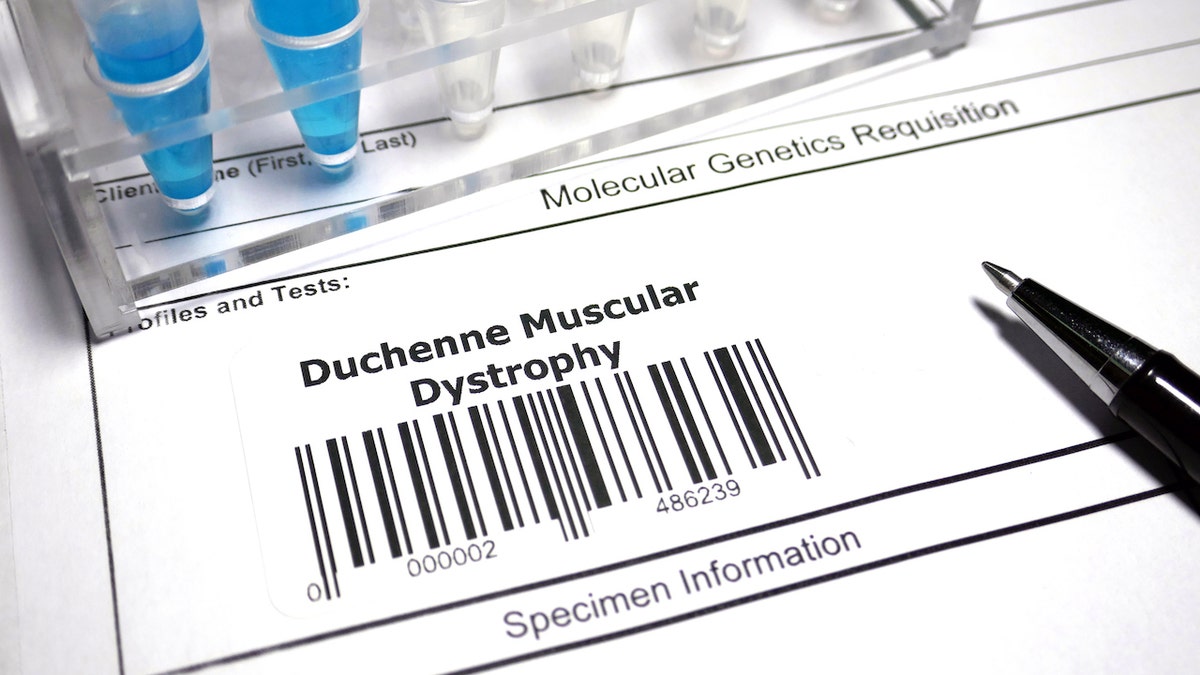A landmark decision by the Food and Drug Administration (FDA) has ushered in a new era of hope for children battling Duchenne muscular dystrophy (DMD). The agency has granted approval for Elevidys, the first gene therapy designed to treat this debilitating condition in children aged 4 through 5.
This innovative treatment offers a potential lifeline to young DMD patients with a confirmed mutation in the DMD gene and no pre-existing medical conditions that would preclude them from receiving the therapy. Dr. Jerry Mendell, a key figure in the development of Elevidys and a principal investigator at the Center for Gene Therapy at Nationwide Children’s Hospital in Columbus, Ohio, shared his optimism with Fox News Digital, stating, "This approval paves the way for treatment for numerous boys across the U.S., with potential expansion to Canada and the European Union. This signifies a substantial shift in their quality of life for potentially hundreds of children."

Dr. Mendell highlighted the positive impact observed in early trials, noting improvements in motor function for boys previously struggling with everyday activities like walking, climbing stairs, and playing. "The initial patients we treated, who received the gene therapy at ages 4, 5, and 6, have maintained their function five years later," he reported.
The FDA's press release emphasized the significance of this approval. Dr. Peter Marks, director of the FDA’s Center for Biologics Evaluation and Research, stated, "This approval addresses a critical unmet medical need and represents a major stride in the treatment of Duchenne muscular dystrophy. This devastating condition offers limited treatment options and leads to progressive health decline. The FDA is dedicated to supporting the development of innovative therapies to lessen the impact of such diseases and enhance the lives of those affected."
Understanding Duchenne Muscular Dystrophy
DMD is a rare genetic disorder predominantly affecting males, with an estimated incidence of one in every 3,500 male births worldwide, according to the National Organization for Rare Disorders (NORD). This condition causes progressive muscle weakness and wasting, beginning in the pelvic area and later impacting the shoulders, torso, and limbs. Symptoms typically emerge between ages 3 and 6, often including difficulties with walking, running, and learning, as well as persistent fatigue. As the disease advances, many individuals require wheelchairs by adolescence and face serious complications such as heart disease and respiratory problems. The root cause of DMD lies in a mutation in the DMD gene on the X chromosome, which disrupts the production of dystrophin, a crucial protein for muscle function.

Current and Emerging Treatments
Existing treatments for DMD primarily focus on managing symptoms rather than addressing the underlying genetic defect. Corticosteroids, physical therapy, and assistive devices like braces and wheelchairs are commonly used to help maintain muscle strength and mobility. However, the arrival of Elevidys marks a paradigm shift. Developed by Sarepta Therapeutics, this gene therapy delivers a modified version of the dystrophin gene, prompting the production of a shortened but functional dystrophin protein. Administered as a single injection, Elevidys has demonstrated promising results in clinical trials, showing increased levels of the micro-dystrophin protein in treated patients. The FDA's accelerated approval of Elevidys underscores the urgent need for effective treatments for this devastating disease. While further research is required to fully evaluate the long-term benefits of this therapy, the initial findings offer a beacon of hope for children and families affected by DMD.

It is important to note that Elevidys may carry potential side effects, including nausea, vomiting, fever, low platelet count, and liver injury. Less common risks include muscle inflammation and heart problems. Patients and families should discuss these potential risks with their healthcare providers.
Comments(0)
Top Comments